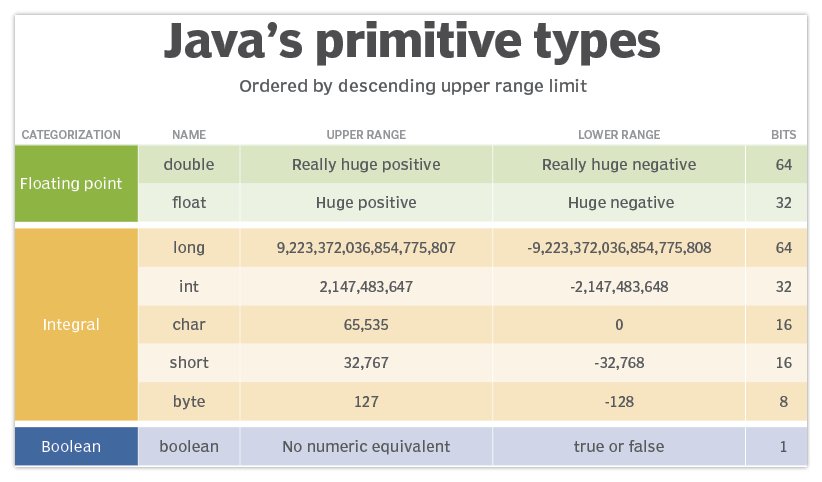The coding languages that will get you a job in banking and finance, ranked

Getting a job in financial services technology isn’t easy. There’s a plethora of different companies, each using their own proprietary tech stack. Different roles require experience with different programming languages, but which one stands you the best chance of securing a job?
Click here to register your interest in entering the bubble by eFinancialCareers, our new anonymous community. ✍️
We’ve looked at data from our jobs board to see which programming languages most frequently appear in financial services job listings. We’ve then also looked at our candidate database to see what percentage of applicants profess experience with those languages, both in general and at an intern/junior level. Unsurprisingly, Python is the most popular language for finance jobs, but it’s a very, very crowded space.
Click here to register your interest in entering the bubble by eFinancialCareers, our new anonymous community. ✍️
Python makes up a sizeable 18.3% of job openings in finance, but 39% of applicants have Python on their CVs. At junior level, over 73% of applicants claim to be proficient in Python. The popularity of Python among junior coders is for multiple reasons; it’s the programming language of choice for most universities, replacing java, and it’s famously accessible compared to lower-level languages like C++. It’s also becoming increasingly popular due to its operability with machine learning via PyTorch.
By contrast, the second most in-demand language, Scala, seems woefully underrepresented. It’s mentioned in 17% of finance job listings, but just ~2% of candidates have experience with it. The language is often used in front-office technology and is interoperable with Java, another programming language with high demand. If you’re one of the 28% of finance technologists that already has Java experience, learning Scala might be a means of standing out when looking for your next move.
For the other major programming languages, supply rarely ever exceeds demand. Q, the language used with KDB databases, is another under-subscribed language that is mightily popular in finance for its low latency data processing capabilities. Powershell, an automation-focused language built in C#, is fairly popular among senior technologists, but is far less common among junior technologists. Interestingly, the opposite is true of C++; 14.6% of junior engineers have C++ experience, perhaps driven by the fact that a lot of high paying hedge funds and quant trading firms want C++ experts. Just 3.6% of finance job listings actually ask for C++, however.
A language that will apparently yield few job prospects is HTML. It makes up just 2.5% of job listings, despite a quarter of applicants having HTML experience. Banks are doing some extensive hiring of user interface (UI) engineers these days, but the programming language of choice in most cases is JavaScript.
Getting a job in financial services technology may require multiple of these roles, especially as AI makes it easier for engineers to expand into other domains. For example, if you’re a Python engineer, it would be wise to brush up on a data science-focused language like R. If you’re a C++ engineer, have a look at JavaScript so that you can be useful in both the frontend and the backend. Most importantly, as our engineering CV guide states, don’t claim to be an expert in these languages unless you’re ready to back it up.
Have a confidential story, tip, or comment you’d like to share? Contact: WhatsApp: (+44 20 7997 7910), Telegram: @AlexMcMurray, Signal: @AlexMcMurrayEFC.88 Click here to fill in our anonymous form, or email [email protected].
Bear with us if you leave a comment at the bottom of this article: comments are moderated intermittently by human beings. Sometimes these humans might be asleep, or away from their desks, so it may take a while for your comment to appear. You must take sole responsibility for comments you post on this site. We will take reasonable steps to weed out anything that we consider to be offensive or inappropriate.
link






